
More Risk=More Meaning=More Fun
Well, I seem to have gone an entire month without a blog post! Not on purpose. I’ve been involved in a fun project, writing the true story of three orphaned mountain lion cubs who were miraculously saved by the joint efforts of residents of a local community and wildlife biologists and rangers.

From Spark to Story: Generating, Capturing, and Using Ideas
You know the feeling – you're in the shower, or on a walk, or just waking from dreamland, and suddenly -THE IDEA.
I mean, THE idea. The ONE. You scramble for a piece of paper, or your phone, some way to get it down. Or maybe you think you’ll remember, and will get it down later (almost always a mistake, but we try to convince ourselves otherwise).

Compassionate Resolutions for the New Year
It’s that time again, when we set our goals, plans, resolutions, intentions – whatever you want to call them – for the new year.
It’s not a bad thing to take advantage of the new year energy to get started – and remember that energy in motion tends to stay in motion. Getting started is often the hardest part.

The Final Push: How to Stick with Your Writing Goals During the Busiest Month of the Year
December already! If you’re like me, you’re wondering where the heck the past 11 months went.
If you haven’t quite accomplished everything you wanted to, writing-wise – well, you still have the month of December to go.
If you did bomb through all your writing goals, congratulations! You can take it a little easier this month. You may even want to start planning for next year.
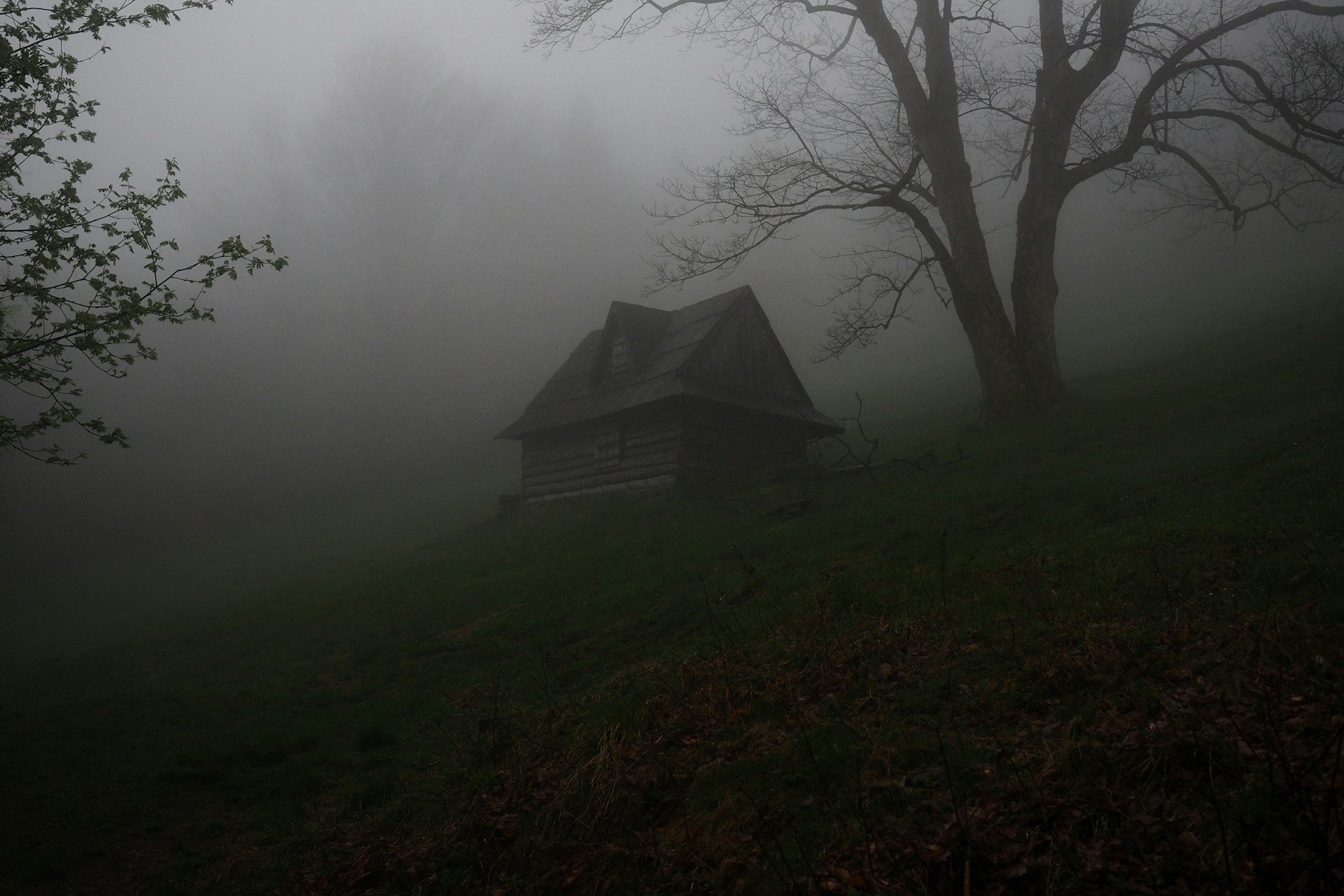
Going Deep: Writing Scenes with Emotional Impact
“If you want to write a fantasy story with Norse gods, sentient robots, and telepathic dinosaurs, you can do just that. Want to throw in a vampire and a lesbian unicorn while you're at it? Go ahead. Nothing's off limits. But the endless possibility of the genre is a trap. It's easy to get distracted by the glittering props available to you and forget what you're supposed to be doing: telling a good story. Don't get me wrong, magic is cool. But a nervous mother singing to her child at night while something moves quietly through the dark outside her house? That's a story. Handled properly, it's more dramatic than any apocalypse or goblin army could ever be.”
― Patrick Rothfuss

A 3-Step Process to Help if You’re Blocked
Before I discuss the topic of this week’s post, I want to circle back to the “4 Burners” post from a couple weeks ago: Burned Out? The 4 Burners Theory of Energy. I’ve been thinking a lot about how to rebalance my life, and make the time I do spend more meaningful. Which means that, at least for now, I’ll be greatly curtailing my blog posts and newsletters – from once a week to once a month. I may post more frequently over on my Substack – or I may give that up, because honestly, as much as I want to cultivate a community there, it is yet another burner that I don’t have the time to fully devote my attention to.
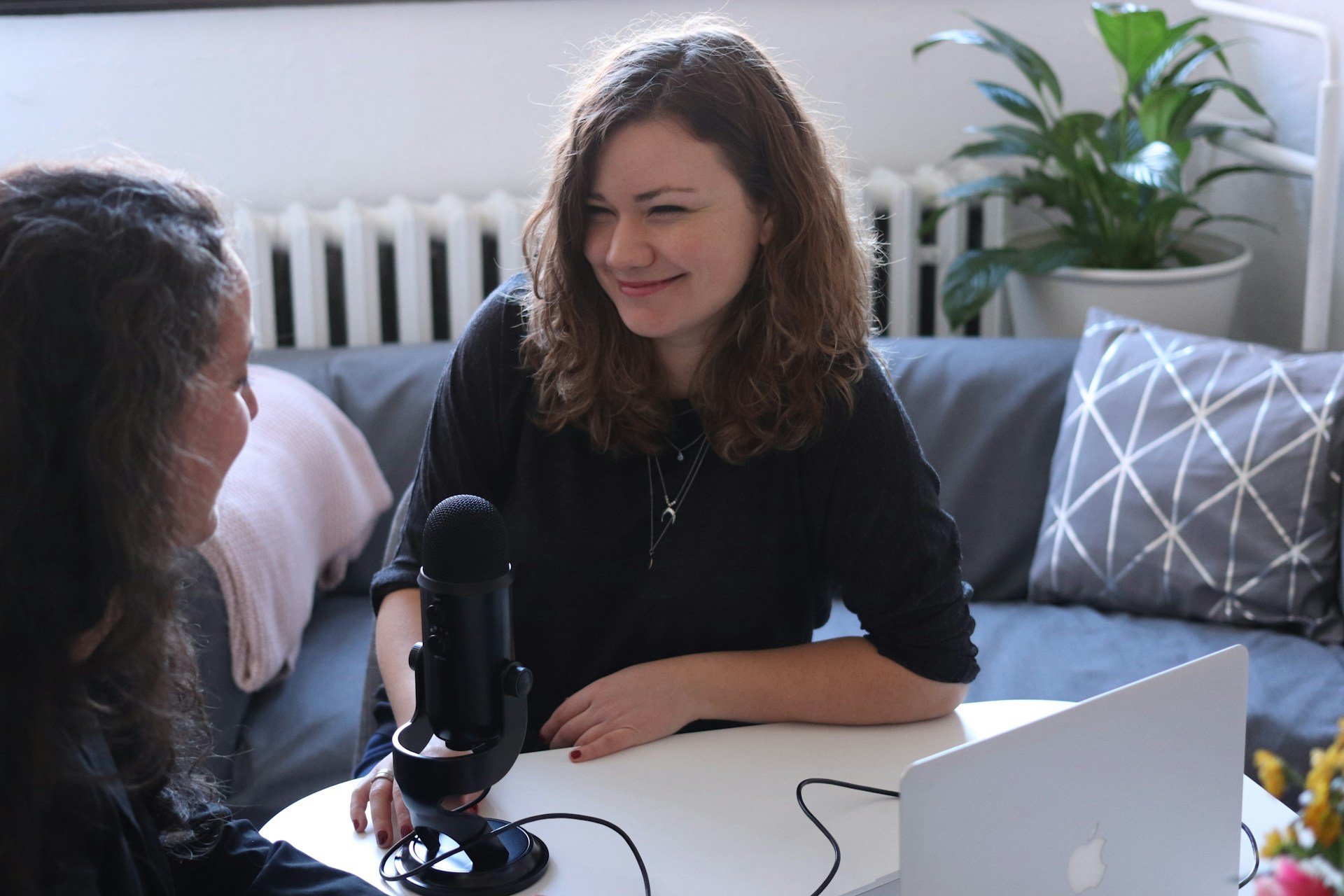
How to Use Interviews to Spice Up Your Novel Research
Last week I had the opportunity to interview someone who has the same profession as a character in a novel I’m working on. I hadn’t planned on it, but I realized it would be a great way to learn about something I’d been sort of winging in the first draft.

Your Writing Group May Not Be the Best Thing for Your Writing
Support. Camaraderie. Feedback. Connections. When we think of our ideal writing group, these spring to mind. We’d love to have some forum for sharing our work and commiserating the challenges and celebrating the wins. A good writing group can give us all of these things.

Your 6-Step Fall Writing Plan
I had my first pumpkin spice oat milk latte today (homemade) so it must be... Fall! Actually we’re in that sweet spot where the mornings are cool (even a bit chilly) and the days are warm and sunny and not humid. But still, it feels like we’ve turned a corner. Kids are back to school, most vacations are over, time to get back to work.

Are You Truly Choosing Your Hard?
The idea of “choosing your hard” has gone around self-help circles as a sort of tough-love motivational quote. To be fair, most of us need this reminder every once in a while in some area of our lives.
There are times when we don’t feel like writing. We don’t want to expend the energy. We find a million other things to do that seem way easier in that moment. What it comes down to is, the things that are worth doing are hard, but the cost of not doing them is harder.
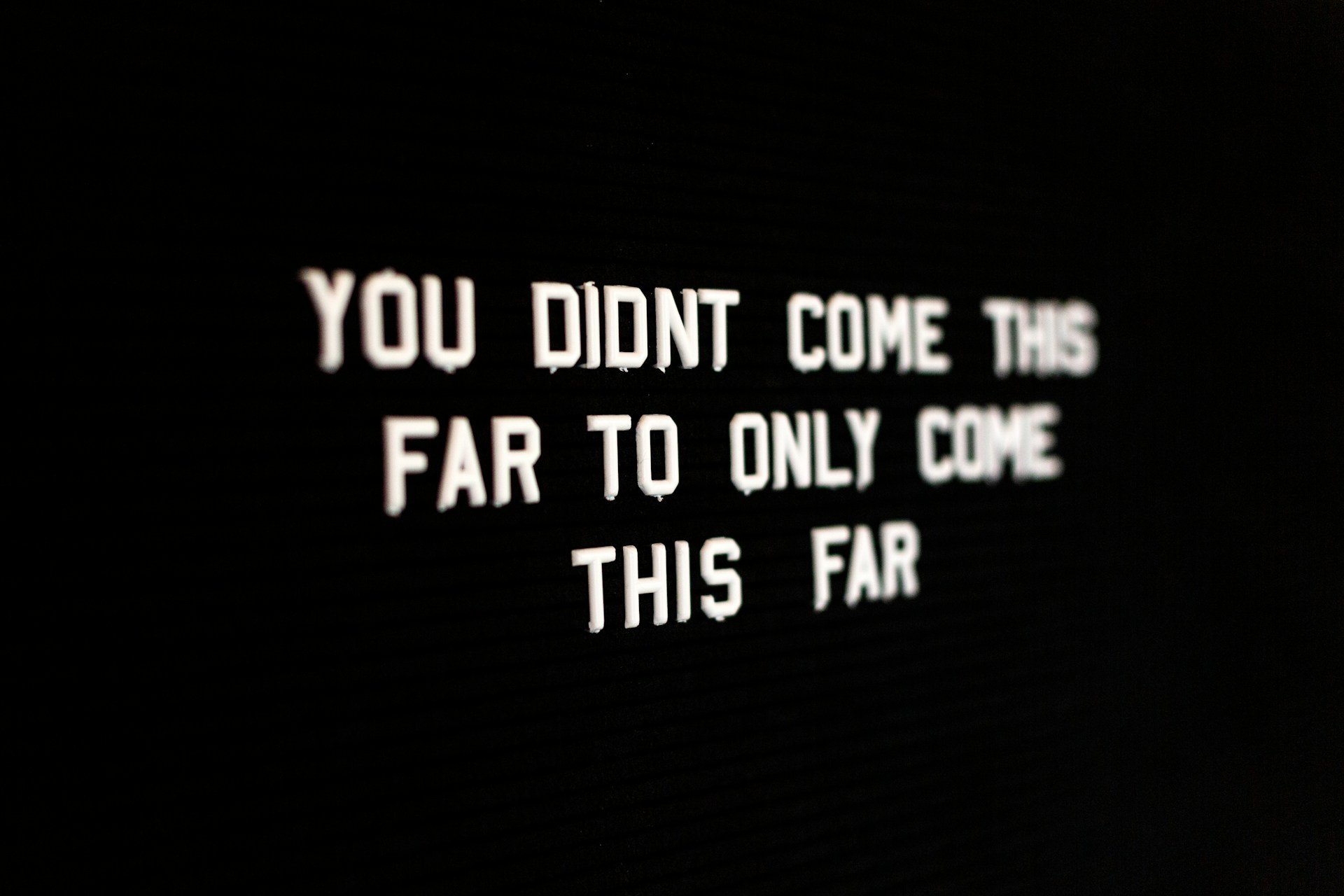
7 Reasons You Should Hire a Book Coach - and 3 Reasons You Shouldn’t
Since I have new email subscribers and others who are being introduced to me on Substack, I decided to revisit an old post that answers the questions: Why would I hire a book coach? What does a book coach do, anyway? How is it different from hiring an editor?

All You Need to Know About Backstory
Writers hear a lot about backstory, but if often remains vague, undefined, and maybe something thrown in without any real regard for why it’s necessary other than “to explain the character’s motivations.”
That’s a good reason, but that’s not the only reason to include backstory. And sometimes writers include backstory that isn’t necessary, which just leads to confusion for the reader.

Aspirations, Intentions, and Goals – What Do They Mean for You?
I’ve been rereading Oren Jay Sofer’s Your Heart Was Made for This, taking my time and reading one chapter weekly, implementing its lessons in my meditations and daily life. This week’s is about Aspiration, which brought to mind the subtle differences between aspiration, intention, and goal-setting.
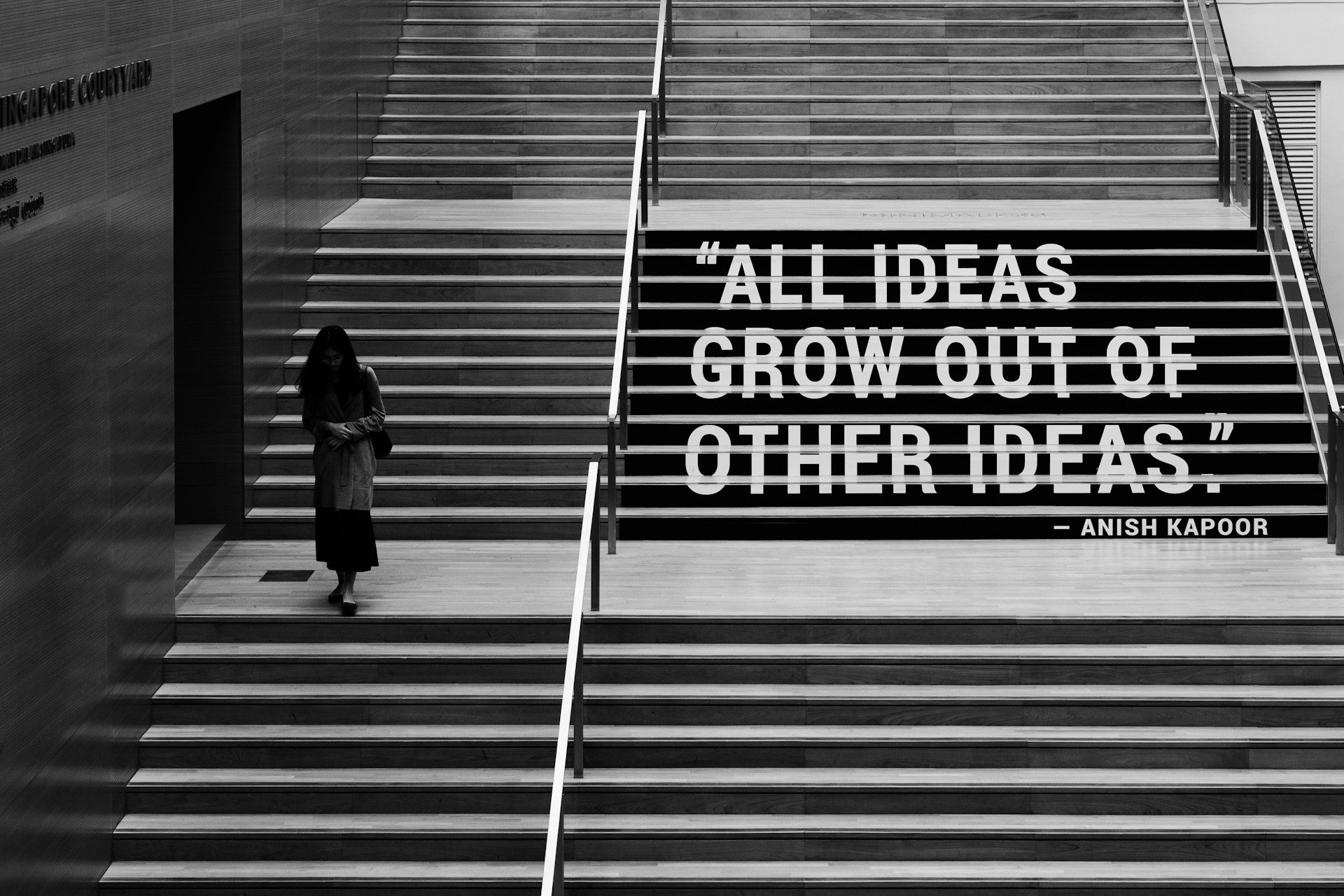
Where Do You Get Your Ideas?
It’s one of the questions writers dread. People who don’t see themselves as creative ask this with genuine curiosity, though, like it’s some holy mystery they don’t have access to. And to be sure, a brilliant novel (or any piece of art) can seem confounding: how did they do that? I feel it myself as I read, and even more so when I contemplate a piece of art or music or dance (although with those, I know that I don’t have the skill to pull it off; with writing, I can’t help but compare how I might have executed the idea with the one on the page).

The Pros and Cons of a Daily Writing Habit
I used to think that if I didn’t write every day in order to be a “real” writer. Or write a certain number of words per day, or hours per day. I believe it was Stephen King who writes 2000 words every day without fail, including holidays (I have his book On Writing here somewhere but am too lazy to go look up an exact quote).

The Torture of Getting Back to Long-Abandoned Projects
Nothing makes me more eager to clean my house than the prospect of actually having to work on a writing project I’ve set aside for a while. Household projects that have lingered on my to-do list for months suddenly take on new urgency. Errands must be run. Friends must be contacted – preferably for a long, two-hour chat. Oh, is that the time? Guess I’m not writing today.

5 Steps to Stop Procrastinating on Your Writing
It happens to all of us, despite the best intentions. We make plans, we set writing goals – and next thing you know, we’re staring at the end of another week where we haven’t done as much writing as we’d hoped (maybe even none at all).

Let’s Talk: Ways to Use Dialogue Effectively, Part II - 3 Types of Dialogue and When to Use Them
Last week, I talked about ways to use dialogue to create deeper meaning in passages, rather than using it as a ping-pong of information between characters.
This week, I’m going to focus on the three types of dialogue, and when to use them.

Let’s Talk: Ways to Use Dialogue Effectively, Part I
“What’s up, fam?”
“How may I serve you, Madam?”
“Why the hell should I know what that bastard wants?”
I’ll bet each line of dialogue put a different picture in your mind of a character who might ask the question – what they look like, their age, their overall personality, their mood, their tone... with no other information, we “see” a character very vividly in our heads.
That is the power of dialogue.
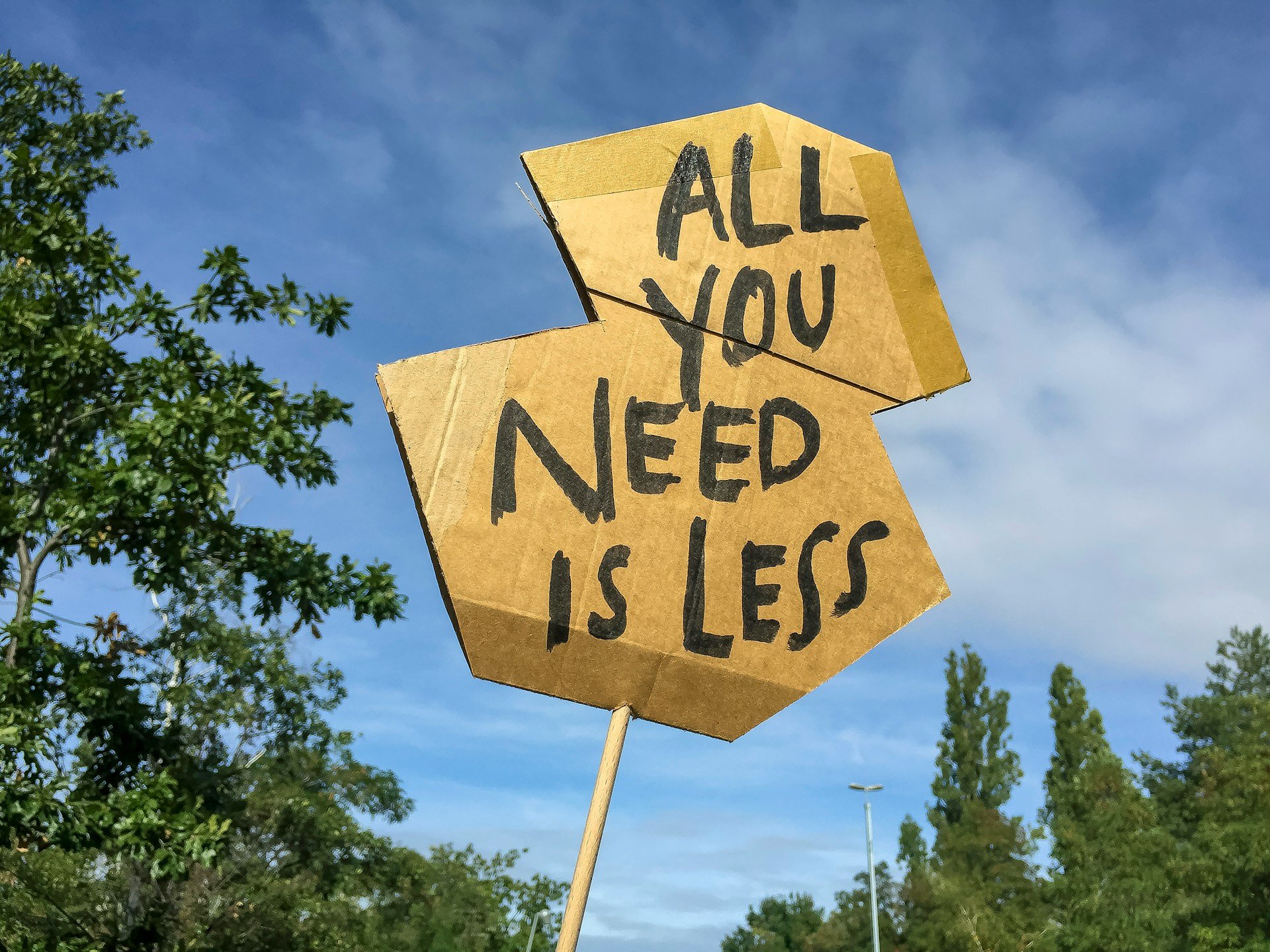
How to Spend Less Time Writing (and Why It’s Good for You)
I used to have a sign in my office. It was a photo of a cat lazing on a sunny windowsill, and the caption read, “The fun isn’t in doing nothing. It’s in having lots to do and not doing any of it.”
I admit, I’m certainly contrary that way. I’ll spend time doing anything I’m not supposed to be doing, but when you tell me I have to relax, or laze around in bed – whaddaya know, all I feel like doing is jumping up and getting stuff done.
It’s reverse psychology at its finest. A well-known human paradox that as soon as we have to do something, that’s the very thing we resist doing.
But still, you may be asking, Why would I want to spend LESS time writing?
